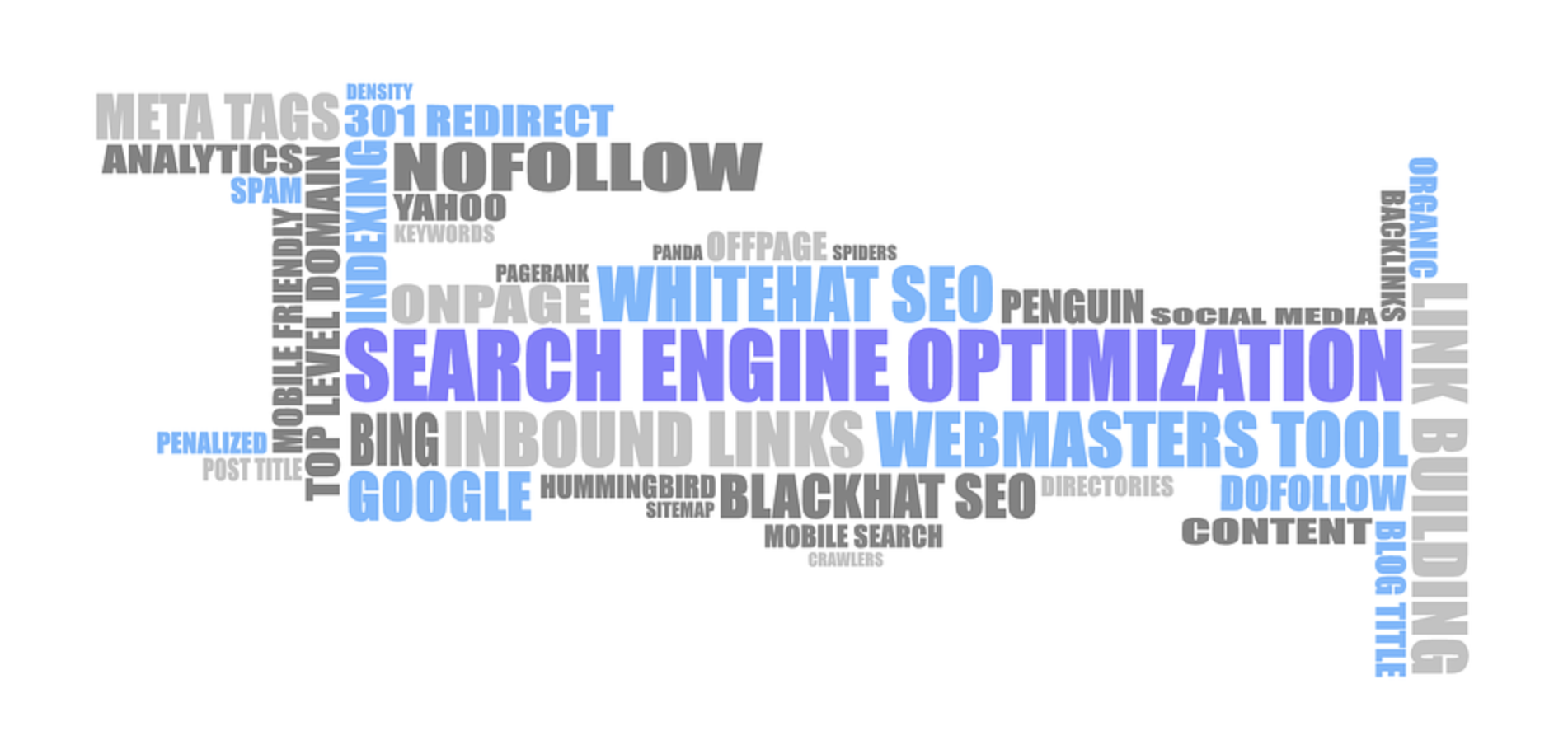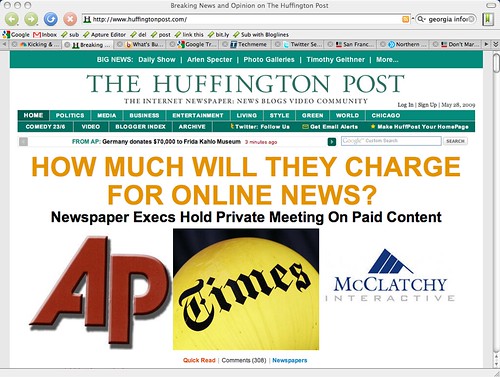Difference Between Organic and Paid Content
• Categorized under internet,Words | Difference Between Organic and Paid Content
Content marketing is now more important than ever. It’s no longer a nice-to-have; it’s a must-have. Things change so fast that it can be sometimes difficult to keep up with the trend. Today, businesses are all about content marketing. From small to medium enterprises to multinational conglomerates, marketers are now creating and disseminating content through digital channels, such as social media networks, newsletters, blogs, video blogs, and more. Businesses are moving publishing, instead of advertising. But the challenge is to create valuable and unique content that goes beyond words. Content marketing is a means to revenue, so it’s imperative that businesses create on an ongoing basis. But before diving into the content marketing practices, it’s important to understand the relationship and difference between organic content and paid content. Think of them as two different tools to achieve different results. Let’s take a look at the two marketing strategies.

What is Organic Content?
Organic content, as the name suggests, refers to just any content you produce that is not paid but strictly natural content that’s found primarily by users through keywords search. The quality of your content is one of the most important factors in search ranking algorithms for both organic and paid search. Organic content marketing refers to the way search engines like Google find the most relevant results to the user’s search query through a keyword. Organic content is purely driven by the relevance of the matches to the keyword that the user entered, and not influenced by any kind of payment made to the search engine by marketers. Organic content is a content marketing technique designed to increase the visibility of your content through marketing channels that wouldn’t require a direct payment. Organic content marketing is a crucial part of a content marketing campaign.

What is Paid Content?
Paid content refers to just any target-specific content that is paid for. Paid content is designed specifically to attract quality traffic and leads from a highly specific audience. Remember seeing those “sponsored” tags in your social media news feed? That is paid content. Many advertisers or marketers prefer paid over organic content marketing for instant results – you pay only when users click your ad, not when they just view your ad. Moreover, you can also customize your target audience pool as well as the message but that would require some up-front costs. Paid search also provides more precision and total control over what your listing says, which allows you to qualify searchers so that only the relevant users click through. Unlike organic content, paid content offers more control over your message so that the message can be used to directly target the searchers without worrying about what the search engines want.
Difference between Organic and Paid Content
Meaning
– Organic content refers to just any content that’s created without paid promotion meaning it is strictly natural content that’s found primarily by users through keywords search. It is a content marketing technique designed to increase the visibility of your content through marketing channels that wouldn’t require a direct payment.
Paid content, on the contrary, refers to just any content that is paid for meaning you must pay for the content to view the content. Paid content is an effective marketing technique aimed at a highly specific audience.
Target Audience
– Whereas both organic and paid content are effective content marketing strategies that allow you to target users (or searchers) by their interests or preferences, paid content is more reliable that provides more precision.
Paid content marketing allows you to show your content to a more specific targeted audience who will find the content more useful and relevant. Paid content isolates transactional users ready to buy and identifies users by their characteristics such as geographical location, demographic and behavioral factors.
Control
– One of the major key differences between organic and paid content marketing is control. Paid content allows marketers to have total control over the message and what it says, which allows them to qualify users so that only the interested and the right ones click through.
Whereas the users who view the content from the search results can be classified as prospective customers, paid content can be directly targeted at users without even worrying about what the search engines want. It’s the ability to control your message that makes it distinguishable from organic content marketing channel.
Dependability
– Marketers prefer paid content over organic content because it attracts quality traffic and leads, and instant results. However, the paid content marketing efforts do not work across all search engines meaning an ad listed by Google does not appear on Bing or Microsoft, for that matter.
Organic search techniques, on the contrary, work across all search engines, which means whatever you do to improve your ranking through keywords in Google will probably reflect in Bing as well.
Organic Content vs. Paid Content: Comparison Chart
Summary of Organic Content and Paid Content
While organic search is designed to increase the visibility of your content for an improved online experience without spending any money on ad space, paid content is designed to attract quality traffic and leads from a highly specific audience through paid search efforts, such as search engine ads and social media campaigns. With paid search, you pay only when users click the ad, but not when they just view it. Paid search provides total control over your message which allows you to customize your target audience pool so that only the relevant users click through. However, the most effective way for organic and paid content marketing efforts to work together is by promoting a well-structured, unique content.
Outside his professional life, Sagar loves to connect with people from different cultures and origin. You can say he is curious by nature. He believes everyone is a learning experience and it brings a certain excitement, kind of a curiosity to keep going. It may feel silly at first, but it loosens you up after a while and makes it easier for you to start conversations with total strangers – that’s what he said."
- Difference Between Caucus and Primary - June 18, 2024
- Difference Between PPO and POS - May 30, 2024
- Difference Between RFID and NFC - May 28, 2024
Sharing is caring!
Search DifferenceBetween.net :
Cite
APA 7
Khillar, S. (2020, July 14). Difference Between Organic and Paid Content. Difference Between Similar Terms and Objects. https://www.differencebetween.net/technology/internet/difference-between-organic-and-paid-content/.
MLA 8
Khillar, Sagar. "Difference Between Organic and Paid Content." Difference Between Similar Terms and Objects, 14 July, 2020, https://www.differencebetween.net/technology/internet/difference-between-organic-and-paid-content/.
Leave a Response
Written by : Sagar Khillar. and updated on 2020, July 14
References :
[0]Champion, Justin. Inbound Content: A Step-by-Step Guide To Doing Content Marketing the Inbound Way. Hoboken, New Jersey: John Wiley & Sons, 2018. Print
[1]Lieb, Rebecca. Content Marketing. Seattle, Washington: Que Publishing, 2012. Print
[2]Moran, Mike and Bill Hunt. Search Engine Marketing, Inc.: Driving Search Traffic to Your Company's Website. Indianapolis, Indiana: IBM Press, 2014. Print
[3]Jefferson, Sonja and Sharon Tanton. Valuable Content Marketing: How to Make Quality Content Your Key to Success. London, United Kingdom: Kogan Page, 2015. Print
[4]Image credit: https://live.staticflickr.com/3664/3573541835_0e08af9553.jpg
[5]Image credit: https://cdn.pixabay.com/photo/2016/12/14/13/57/seo-1906466_960_720.png
See more about : Organic Content, Paid Content
